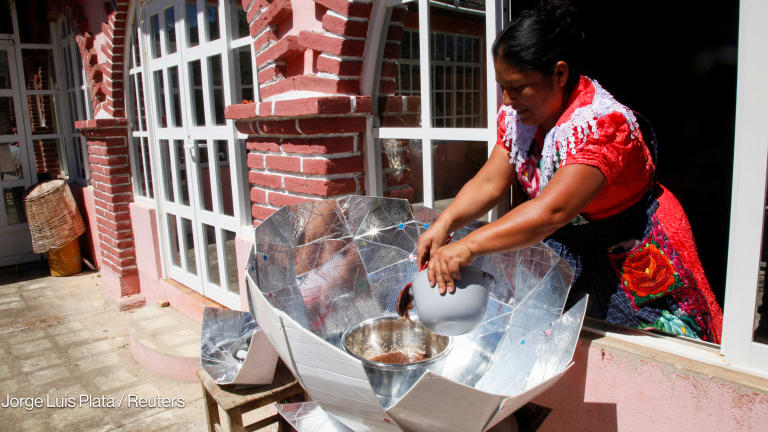BANGKOK, Thailand — On a midweek January morning in Bangkok, the sun was attempting to peek through a blanket of pollution hovering among the city's skyscrapers. Air quality monitoring apps residents have on their phones started to ping red — alerting them to stay indoors and avoid outdoor exercise.
Bangkok authorities were forced to release their own warning, advising city dwellers to work from home as levels of pollution rose to toxic levels. The number of patients experiencing pollution-related health problems more than doubled to nearly 213,000 in the week up to Jan. 26, up from about 96,000 the week before.
Pollution warnings are common in Thailand from February to April because of the burning season, when farmers in the north of the country set fire to their land as a way of removing residues from the previous crop and preparing for the next round of harvesting.




